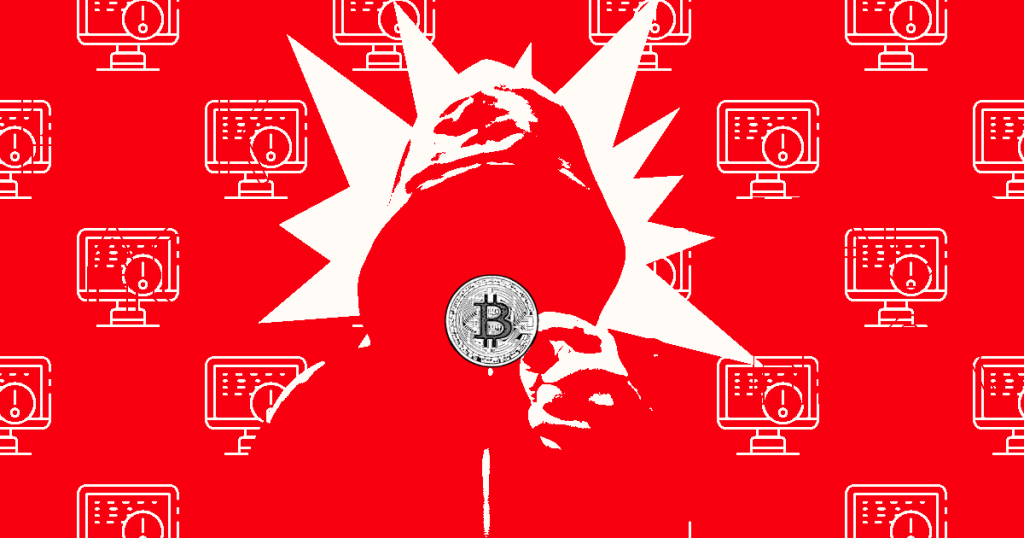[ad_1]

The post Bitcoin Exchange DMM Shut Down Following $320M Hack, Transfers Assets to SBI VC Trade appeared first on Coinpedia Fintech News
A firm DMM Bitcoin, which was one of the most popular Bitcoin exchanges in Japan, halted its operations in October after it was hacked in May 2024, and $320 million of digital currency was stolen from it.
The loss, blamed on a private key theft, resulted in the actual shedding of 4,500 Bitcoin. Still, the attempt to return the service to normal failed due to the sheer magnitude of the damage sustained by the platform.
Transfer of Assets in SBI VC Trade
According to a piece of local Asian news, in a bid aimed at customers, DMM Bitcoin is to move, alongside all assets, including the Japanese yen and cryptocurrencies, to SBI VC Trade. This transfer is expected to be done before the end of the financial year which will be March 2025.
However, there are some limitations such as including unfiltered margin trading positions in which customers will be allowed to continue holding them but will not be added to the new platform until they close their positions and pay for them also, all fees in the current platform will not be transferable to the new platform.
It is inferred that SBI VC Trade, a subsidiary of SBI Holdings, will continue to maintain confidentiality for the clients of the DMM Bitcoin. Coordination between the two companies is still in progress and expectations for other details pertaining to the transfer are expected in the near future.
Reasons for Closure
The hack also identified issues in DMM Bitcoin’s risk management and soon after the company received an improvement order from Japan’s Financial Services Agency (FSA) in September 2024. Although the exchange was able to obtain ¥55 billion from its parent company, DMM.com, to help offset customer losses, the exchange said that continued restrictions on services would deeply inconvenience clients and led to the closure of its business.
Broader Implications
This incident goes a long way in explaining why the cryptocurrency business faces significant cybersecurity risks. The FSA’s interference proves that only the authoritative control can help to avoid such a violation in the future. Now that DMM Bitcoin is leaving the market, its story is a lesson for exchanges anywhere in the world.
[ad_2]







